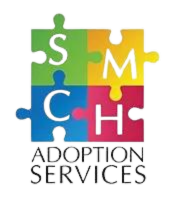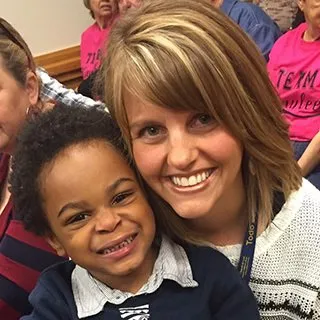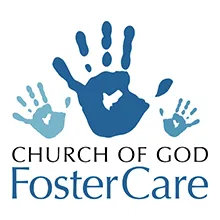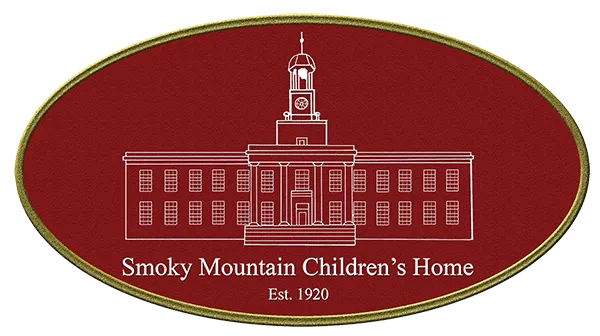

If you are interested in becoming an adoptive parent or to request more information on the adoption process, please contact our Adoption Support Coordinator Melody Jones at adoptions@smch.org.



With over 7,000 youth in Foster Care in the state of Tennessee, the need for Foster Homes continues to grow daily. While our Foster Care Department continues to show consistent growth and expansion, with over 100 Foster Homes, we are always in need of more Foster Homes.
In order to become an approved Tennessee Foster Parent, you will need to successfully complete the TN-KEY (Knowledge Empowers You) curriculum. Foster Parents are required to successfully participate in annual continuing education courses.
For more information about becoming a foster parent, contact our Foster Care Recruitment Coordinator at foster@smch.org or use the Become a Foster Parent form below.


Caregivers consist of direct care staff, assessment caregivers, caregiver specialists and the night staff team who work collectively to provide 24/7 supervision, daily interventions, education and re-direction, behavior modification and mentor sessions. Caregivers have an assigned supervisor for each cottage and are also supervised by a Campus Lead, Night Staff Supervisor or Caregiver Specialists.
The priority statement of this group is to provide a healing atmosphere through trauma-informed care creating a lasting positive impact on the youth’s physical, emotional, cognitive, social and spiritual person with healthy relationships and positive reinforcement.
The case management team consists of Bachelor and Master’s level case managers (CM). We have three case management positions known as CM, CMII, and Masters Level Case Manager (CMIII) serving campus. The case manager is supervised by a Team Leader.
The priority statement of the case management team is to coordinate trauma informed services that respond effectively with evidence based practices to the youth’s treatment needs, priorities reunification with the youth’s family or permanency through adoption/kinship placements, and case management/youth clinical sessions to direct the youth toward positive behavioral change.
The leadership and management team consists of the Residential Director (RD), Team Leader (TL), Campus Lead (CL) Team, and Case Manager Specialist. This Team approaches their role from a servant leader perspective with concepts from transformational and team based leadership theory. The Residential Director sponsors ongoing team meetings among this group to facilitate collaborative efforts to organize trauma informed and evidence based service to respond to the youth’s needs. The Residential Director responds directly to the Executive Director and Clinical Director.
The priority statement of this team is to work collaboratively as a supervisory team to lead team members into a successful trauma informed and evidence based service philosophy by managing performance through compliance and program measurement and supporting their work through relationship and partnership.
The Alpha team includes the School Principal, Teachers, and Teacher Assistants, and support for behavioral management from the Campus Lead Team. The Residential Director serves as the Liaison to Alpha. The school approaches education for at-risk-youth from a trauma informed perspective and work with each student’s strengths to allow them to complete course work at their specific pace. Alpha monitors student performance, provides positive incentives to motivate progress and supports students who are working on the HiSET program. One of the new additions to the program is the student intervention program.
The priority statement of this team is to create a safe learning environment for students through evidence based and trauma informed classroom management techniques and academic intervention programs. The goal is to help students achieve academic success and regain confidence in their ability for achievement in the future.